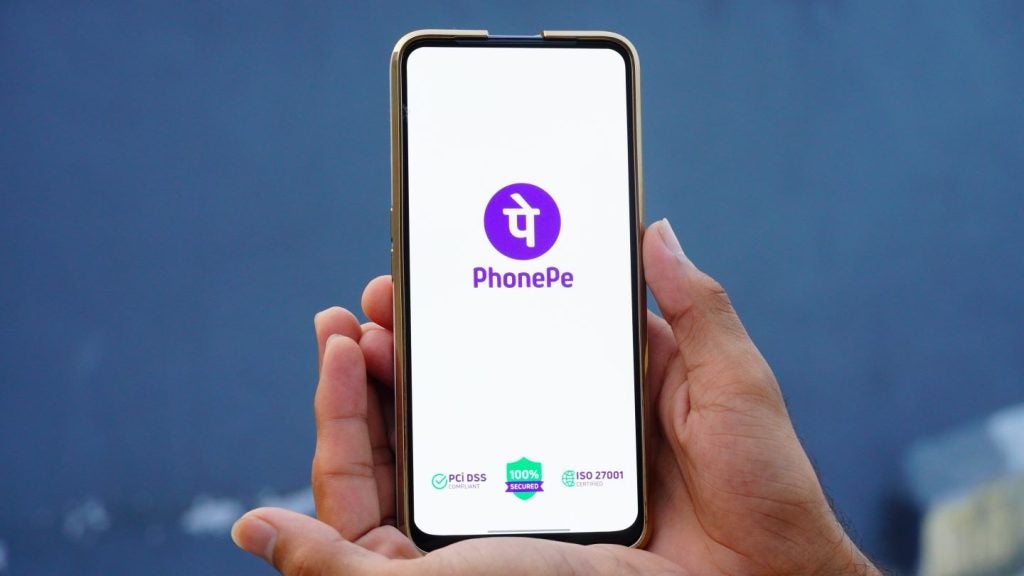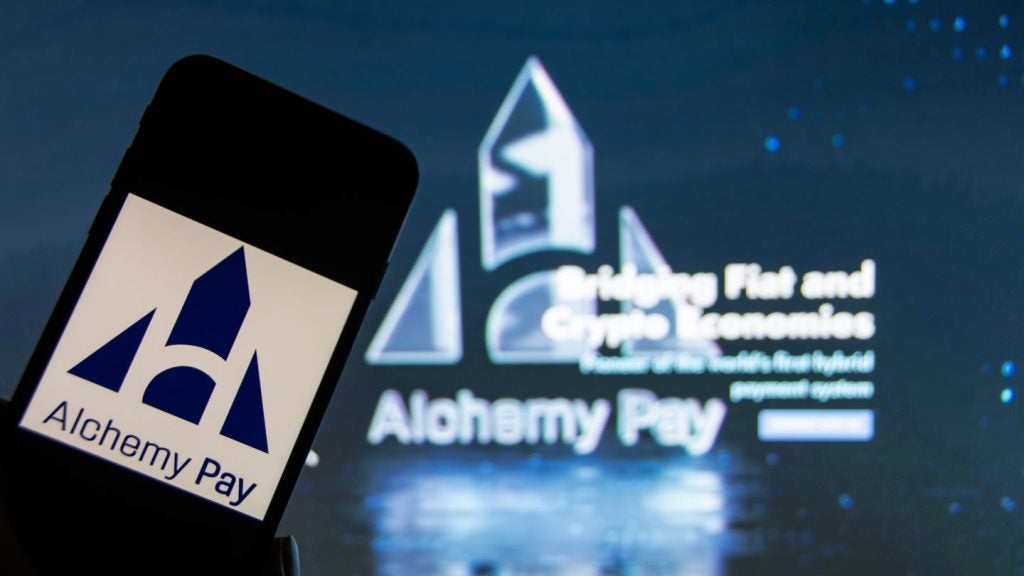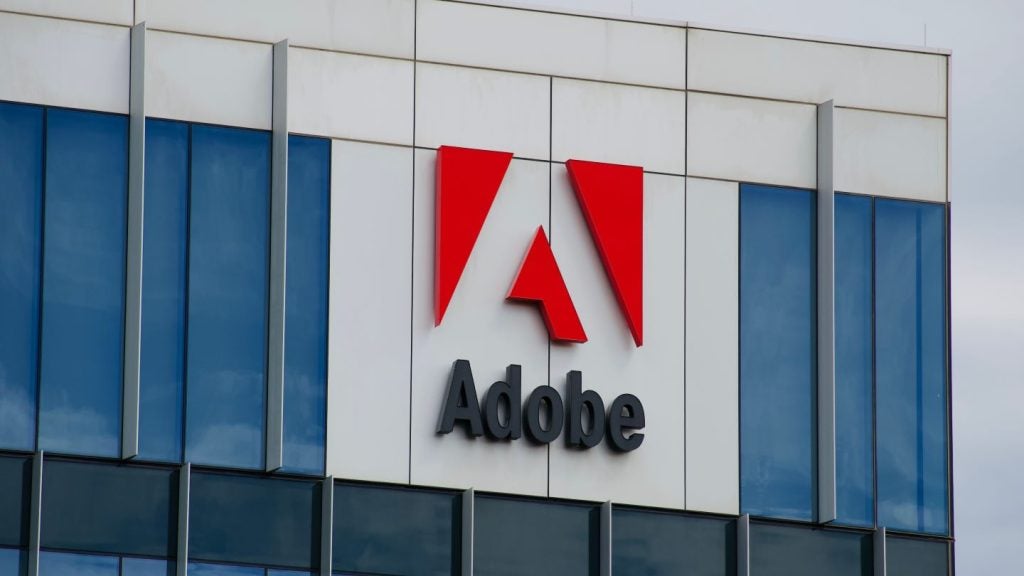
Zuck Bucks shouldn’t surprise anyone. Meta has been pursuing ways to lock in users to its sprawling ecosystem for years. Digital dosh has often played a central role in these efforts.
Back in 2009, the Menlo Park-headquartered company launched Facebook Credits in order to facilitate shopping on its different platforms. If you ever bought anything whilst playing Farmville, chances are that you used Facebook Credits to do so. Mark Zuckerberg’s venture abandoned the virtual currency in 2012. The initiative’s staff refocused to create other types of payment methods.
Then, in 2017, Facebook became one of the leading partners behind the Libra cryptocurrency project. The company even planned to launch its own digital wallet to facilitate spending with the digital dosh. Meta scrapped the project earlier this year. In the intervening years, Libra had had time to change its name to Diem. It also faced a global regulatory and political backlash, and saw Facebook’s cryptocurrency tsar, David Marcus, publicly exit the company last year.
The so-called Zuck Bucks are arguably Meta’s latest attempt to lock people into its family of apps. It’s is hardly the first company to do so.
“It’s like the Green Stamps of the 1950s and 1960s,” Roger Grimes, data-driven defence evangelist at cybersecurity firm KnowBe4, tells Verdict. “If you can lock consumers into obtaining pseudo-money controlled by you it’s far more likely you can get those consumers to spend them on goods and services controlled by you.”
Meta hasn’t publicly acknowledged the existence of a Zuck Bucks project. They haven’t denied it either.
“We have no updates to share today,” a Meta spokesperson told Verdict. “We continuously consider new product innovations for people, businesses, and creators. As a company, we are focused on building for the metaverse and that includes what payments and financial services might look like.”
Despite Meta staying mum on the subject, others have eagerly offered their opinion on the matter. Verdict has spoken to several market watchers and analysts. They believe it would make sense for Meta to pursue a project like Zuck Bucks. After all, with Menlo Park’s ambitious superapp and metaverse aspirations being on the horizon, the company could use a new virtual currency. The question is if Zuck Bucks or any other iteration of a virtual currency would be more successful than Diem.
What is Zuck Bucks?
The Financial Times first broke the news about Zuck Bucks on Wednesday April 6. The newspaper, citing people familiar with the project, reported that Meta was in the early stages of introducing new virtual token and cryptocurrencies to its different platforms. Meta would use the tokens to reward creators and introduce other financial services such as lending.
The cryptocurrencies are internally dubbed Zuck Bucks – a play on words referencing founder and CEO Zuckerberg’s surname. The company is reportedly not basing the digital dosh on blockchain.
Launching a cryptocurrency without blockchain may sound like an oxymoron. However, Meta could have reason for wanting to ditch blockchain.
“You can really do almost all of the same things better, faster and more securely with other, already existing, more efficient, tools and methods,” Grimes says.
Blockchain also has the disadvantage or advantage, depending on how you look at it, of being open. Everyone, including external parties, can review the underlining code. “[It] is clearly not in Meta’s interest to share code,” George McDonaugh, co-founder of investment firm KR1, tells Verdict.
Meta would also be able to more easily control Zuck Bucks centrally with it not being on a blockchain. Think of it less like bitcoin and more like the in-game currencies used on games such as Fortnite and Roblox. Given there is already precedent for this type of in-platform currency, Meta may be able to avoid some of the political pushback that scuppered its Diem plans.
“A change of approach was inevitable to avoid regulatory scrutiny,” Laura Petrone, principal analyst at the thematic team at research firm GlobalData, tells Verdict.
Regulators will probably keep a watchful eye on whatever financial product Menlo Park rolls out. However, maybe these changes from Diem may be something they could stomach.
“Monetary authorities may be fine with Meta launching a second version of [Facebook Credits], JP Vergne, associate professor at the UCL School of Management, tells Verdict. “But antitrust authorities will likely pay close attention to how such an initiative might be structured. If, for instance, Facebook Credits 2.0 were the only means of payment supported for some use cases, Meta would likely get in trouble.”
A company looking to rebrand itself as a superapp would surely welcome less policing.
How Zuck Bucks fit into Meta’s metaverse
Zuck Bucks is less about what came before it and more about what Meta wants to become. Facebook has been in a state of constant evolution since The Zuck launched the platform from his dorm in 2004. Over the past two decades, Menlo Park staffers have aggressively attempted everything from launching hardware solutions like the ill-fated Facebook Phone to introducing ecommerce projects like Facebook Marketplace.
Ads have, however, remained at the heart of Facebook’s bottomline. Eyeballs on screens have translated to hefty pay cheques. The pursuit of those eyeballs and, more importantly, users data, have allegedly motivated Meta to prioritse profits over users wellfare. At least, that is what critics like whistleblower Frances Haugen have claimed. Facebook has rejected those claims.
Even so, the public scrutiny of Meta has only grown over the years. Zuckerberg and his minions have become a common fixture in political hearings. The fact that the people storming Capitol Hill on January 6, 2021, had been radicalised on social media exacerbated the situation.
The political pressure is one of the reasons behind Facebook’s rebrand to Meta last year. It said it was to clearly position itself as a metaverse company. Another reason is that the company is bleeding money. Meta shares are still down 30% from February 2, as noted by Fortune. That was the day the company revealed that its spending on the metaverse had caused a decline in its fourth-quarter profit.
“[They] badly need to diversify their revenue streams and look for ways to retain customers,” Petrone says. “As they recently admitted, services like Facebook and Instagram are losing appeal and becoming less popular especially among young users. They also want to diversify away from a purely ad-funded model that is causing a lot of trouble with regulators. Their ambition is to become the WeChat of the west and this move in their view would help them fulfil it.”
The FT report also noted that Meta may be about to launch a lending service. This, Petrone argues, would also be a move we’ve seen before.
“This is what Tencent and Alipay in Asia have been doing for a long time, also ending up attracting scrutiny from regulators,” she says.
Whether real or not, something like Zuck Bucks could potentially prove vital for Meta’s plans for the future.
GlobalData is the parent company of Verdict and its sister publications.







